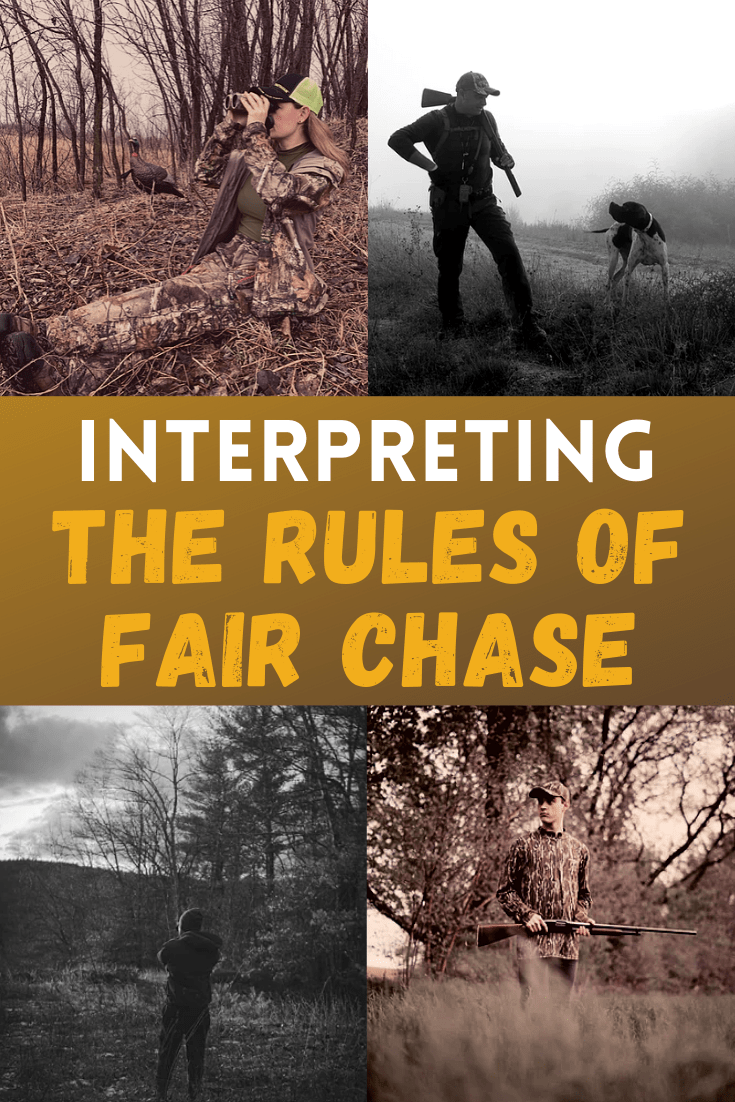
What Are the Rules of Fair Chase?
The rules of fair chase are a set of guidelines that govern the hunting and fishing activities of a person. This type of recreational activity is often considered a sport, although it is not always legal or ethical. For example, hunting and fishing in a fenced enclosure is prohibited. However, the rules for a fair hunt can be interpreted to cover other areas of hunting and fishing. In most cases, these rules are written in plain language so that even novice hunters can understand them.
These guidelines govern the way hunters take game. They restrict the use of aircrafts, vehicles and other methods, and also prohibit electronic calling and shooting within a fenced enclosure. These guidelines are based on the principles of "fair chase," which have been used in the field for more than a century. In addition, hunters should respect wildlife's rights, and avoid any behavior that may cause them harm. For example, fair chase doesn't allow the use of radios and other electronic devices, and hunters should not kill an animal simply because they were afraid of it.
Many organizations, including the Boone and Crockett Club, have adopted these guidelines. These guidelines are based on strong ethical principles and aim to ensure ethical and legal hunting. The Boone and Crockett Club defines fair chase as the lawful, ethical pursuit of free-range wild game animals. While the rules vary in different states, they generally apply to all big game hunters. The Boone and Crockett Club outlines a list of acceptable practices for a fair hunt, as well as how to achieve them.
A good fair hunt follows specific guidelines regarding how to treat animals. Hunters must follow the 4 C's: caring, capable and courteous. They must also know what to do in case of an emergency. A good hunt follows the "rule of first blood" wherein the hunter can claim that they are the first to kill an animal. The rules of fair chase address specific aspects of hunting and provide guidelines for those who pursue it. The main objective of this concept is to ensure that there is a reasonable chance that the hunter will fail, and that the animal has a reasonable chance to escape from predation.
In addition to the rules of fair chase, hunters should practice ethical hunting. For example, they should avoid using canned food and avoid using food baits to lure animals. Additionally, they should learn about the land. Furthermore, a hunter should develop his skills in the wilderness before pursuing an animal. A trophy should be considered as an achievement in a lifetime of learning. The concept is important in many respects. It is not enough to be ethical in hunting. It is also important to consider the safety of others.
 CampingSurvivalistHuntingFishingExploringHikingPrivacy PolicyTerms And Conditions
CampingSurvivalistHuntingFishingExploringHikingPrivacy PolicyTerms And Conditions
